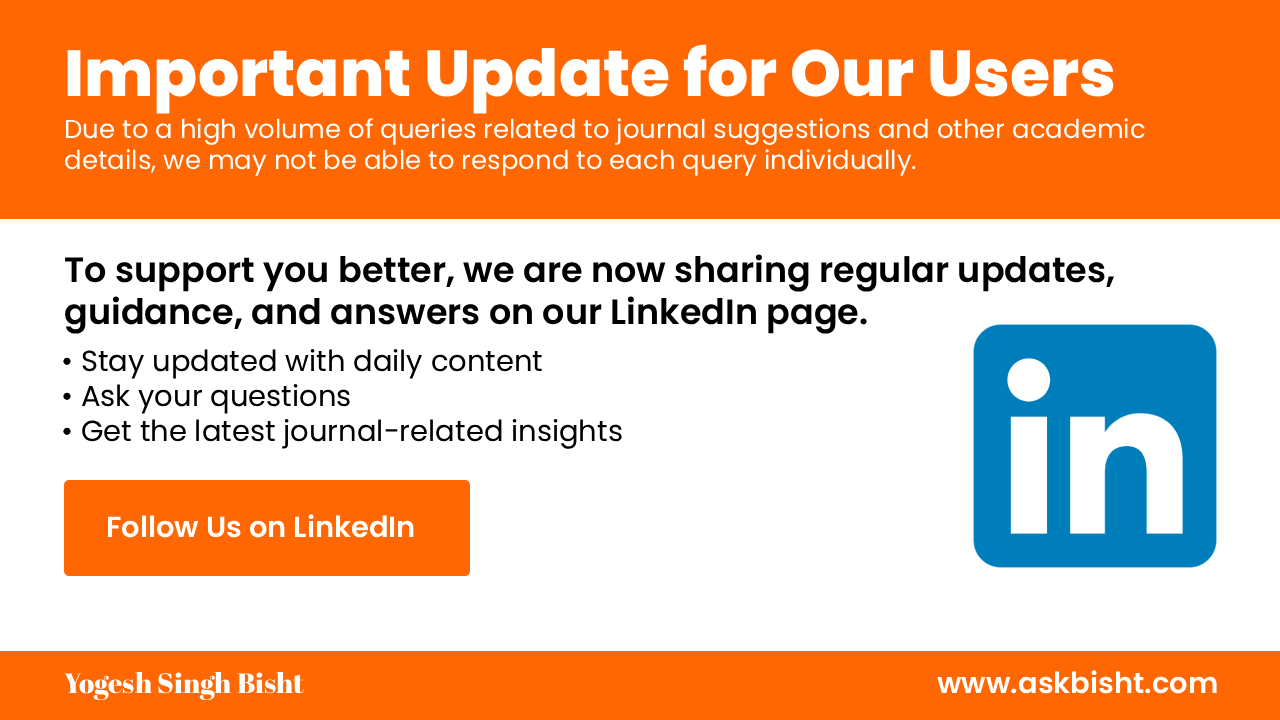Nordic Psychology
Published by Taylor & Francis (Journal Finder)
ISSN : 1901-2276
Abbreviation : Nord. Psychol.
Aims & Scope
The purpose of Nordic Psychology is to promote exchange between psychological theory and practical application, through giving access to research to a broad, international readership including researchers, practitioners and students.
Empirical, theoretical and methodological papers are welcomed, including qualitative studies, action research, case studies, critical reviews of the literature, experimental studies and surveys.
Important criteria in the selection of process are quality of argument and execution, clarity in presentation and educational significance.
Nordic Psychology reflects the special approaches used by psychologists in Nordic welfare societies.
This includes a developed public health system, a fine-meshed social security system, a high educational level, a fully developed working programme for children and young persons, and intense working efforts in the area of refugees.
All peer review is single blind and submission is online via ScholarOne Manuscripts.
Nordic Psychology is from 2012 published in cooperation with Routledge, and receives support from the Joint Committee for Nordic Research Councils for the Humanities and Social Sciences (NOS-HS).
View Aims & ScopeMetrics & Ranking
Impact Factor
| Year | Value |
|---|---|
| 2025 | 1.1 |
SJR (SCImago Journal Rank)
| Year | Value |
|---|---|
| 2024 | 0.455 |
Quartile
| Year | Value |
|---|---|
| 2024 | Q3 |
h-index
| Year | Value |
|---|---|
| 2024 | 27 |
Journal Rank
| Year | Value |
|---|---|
| 2024 | 12525 |
Journal Citation Indicator
| Year | Value |
|---|---|
| 2024 | 109 |
Impact Factor Trend
Abstracting & Indexing
Journal is indexed in leading academic databases, ensuring global visibility and accessibility of our peer-reviewed research.
Subjects & Keywords
Journal’s research areas, covering key disciplines and specialized sub-topics in Psychology, designed to support cutting-edge academic discovery.
Licensing & Copyright
This journal operates under an Open Access model. Articles are freely accessible to the public immediately upon publication. The content is licensed under a Creative Commons Attribution 4.0 International License (CC BY 4.0), allowing users to share and adapt the work with proper attribution.
Copyright remains with the author(s), and no permission is required for non-commercial use, provided the original source is cited.
Policy Links
This section provides access to essential policy documents, guidelines, and resources related to the journal’s publication and submission processes.
- Aims scope
- Homepage
- Oa statement
- Author instructions
- License terms
- Review url
- Board url
- Copyright url
- Plagiarism url
- Preservation url
- Apc url
- License
Plagiarism Policy
This journal follows a plagiarism policy. All submitted manuscripts are screened using reliable plagiarism detection software to ensure originality and academic integrity. Authors are responsible for proper citation and acknowledgment of all sources, and any form of plagiarism, including self-plagiarism, will not be tolerated.
For more details, please refer to our official: Plagiarism Policy.
Most Cited Articles
The Most Cited Articles section features the journal's most impactful research, based on citation counts. These articles have been referenced frequently by other researchers, indicating their significant contribution to their respective fields.
-
Staying close and reflexive: An explorative and reflexive approach to qualitative research on psychotherapy
Citation: 140
Authors: Per-Einar, Helge, Christian
-
Early identification of dyslexia and the use of computer game-based practice to support reading acquisition
Citation: 87
Authors: Heikki, Miia, Anne, Anna-Maija, Maria
-
Mechanisms of mindfulness: Rumination and self-compassion
Citation: 68
Authors: Julie Lillebostad, Katrine Valvatne, Agnethe Smith, Ingrid
-
The reliability and factorial validity of the Swedish version of the Recovery Experience Questionnaire
Citation: 61
Authors: Niclas, Hanna, Örjan, Billy
-
Validity and objectivity: Reflections on the role and nature of Rasch models
Citation: 56
Authors: Svend
-
Collaborating to stay open and aware: Service user involvement in mental health research as an aid in reflexivity
Citation: 51
Authors: Marius, Per-Einar, Marit, Larry
-
The perception of the poor: Capturing stereotype content with different measures
Citation: 48
Authors: Anna, Fredrik, Martin
